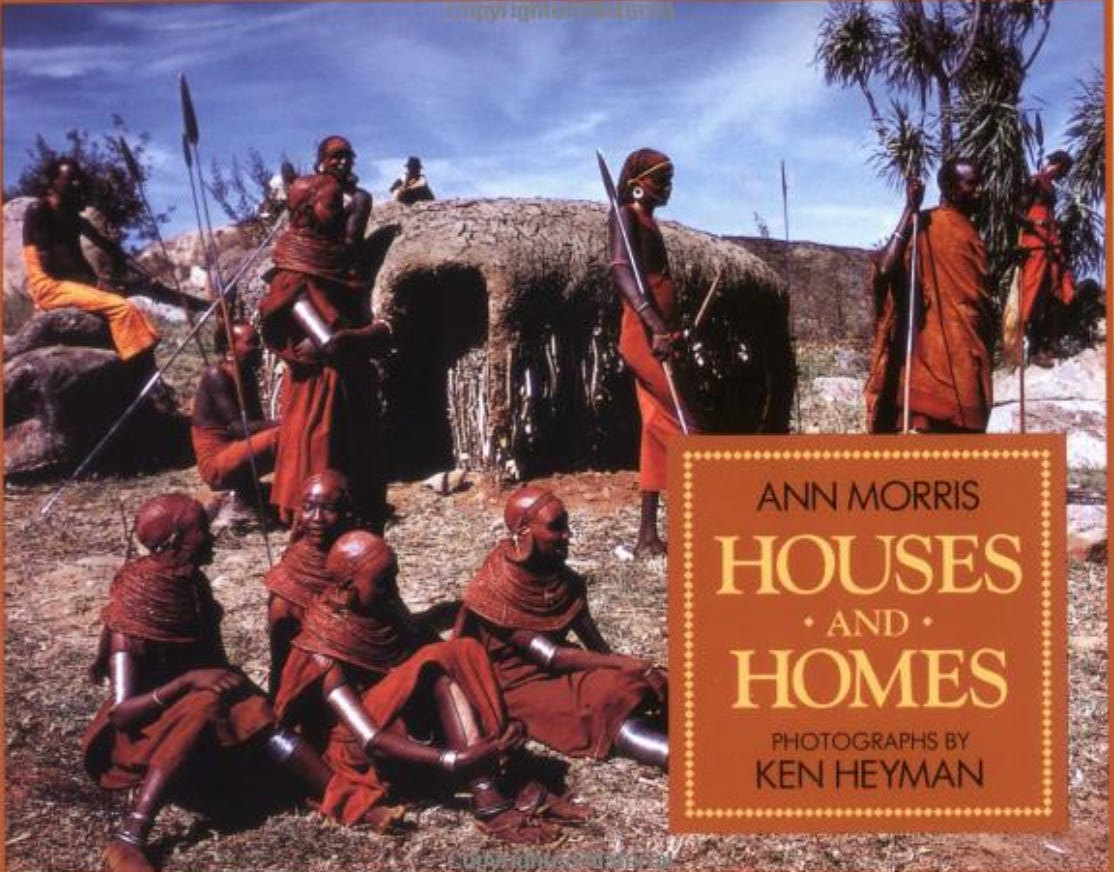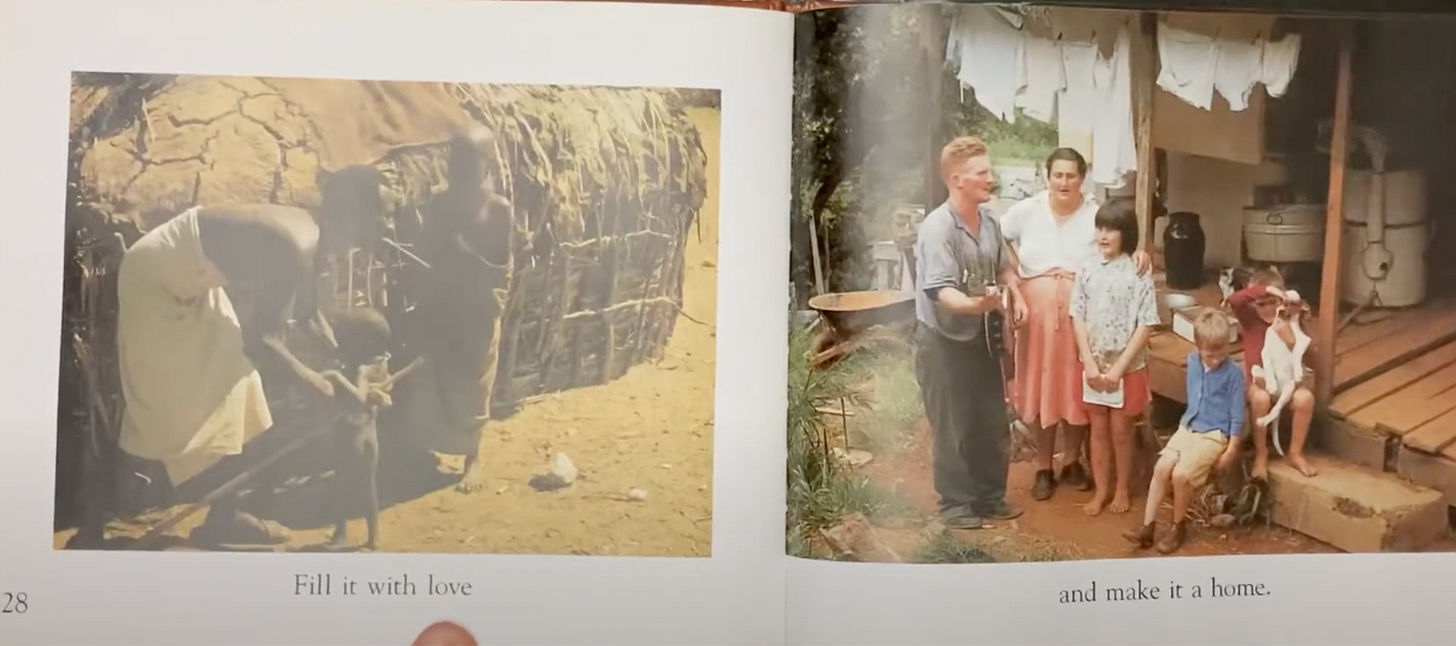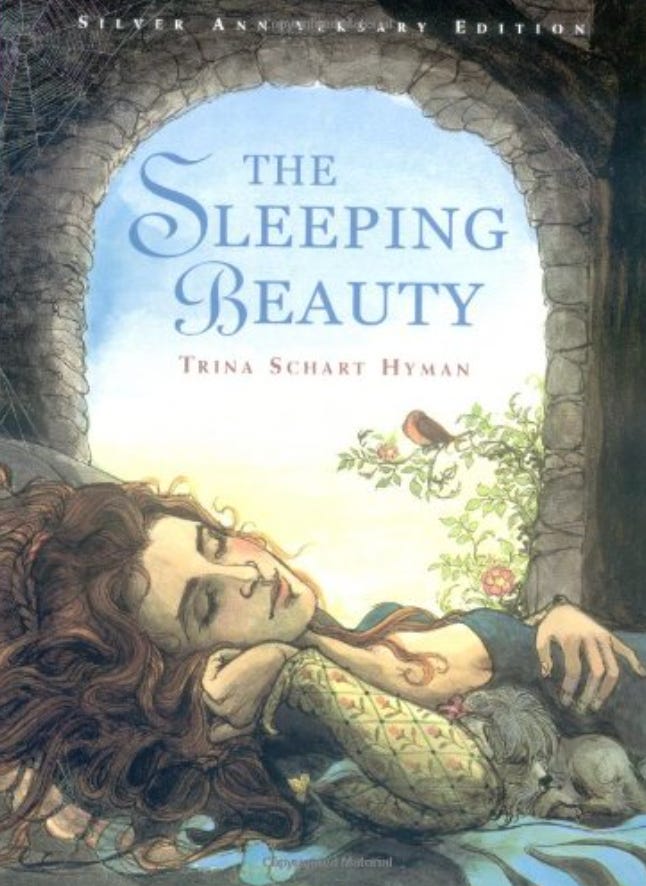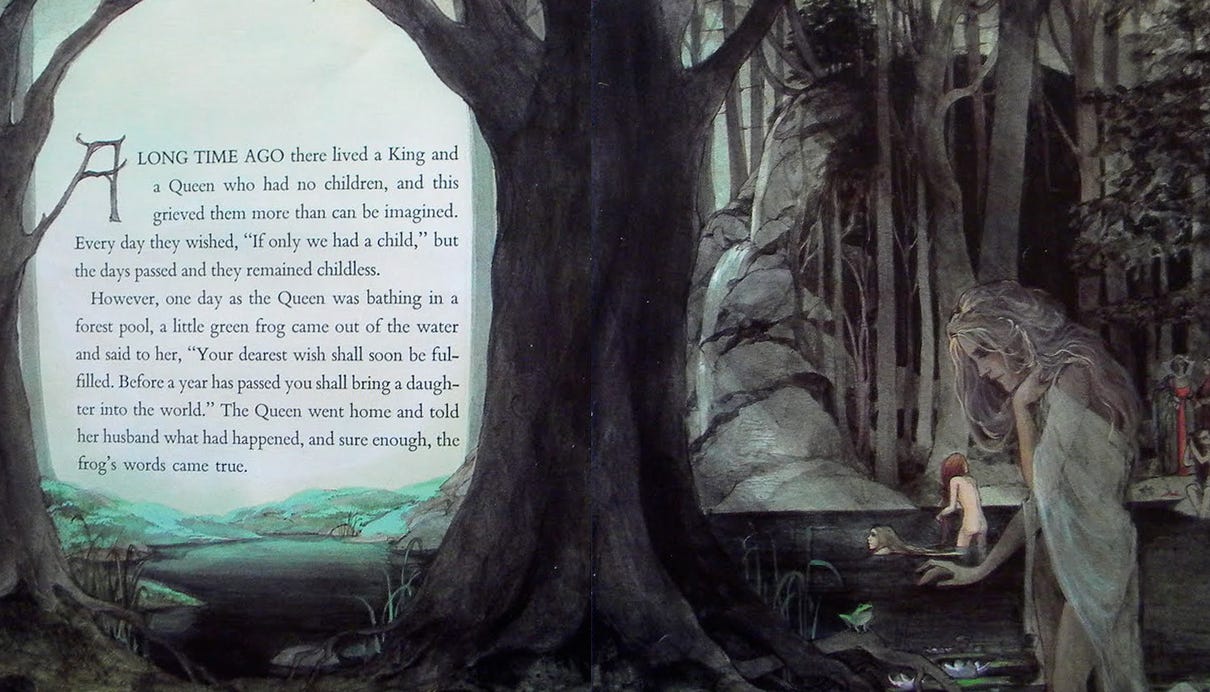REVEALED: These ten books are considered pornography in Ron DeSantis' Florida
On March 8, Florida Governor Ron DeSantis (R) conducted a press conference in which he purported to debunk the "book ban hoax." During the event, DeSantis claimed that Florida schools, under his leadership, were not banning educational materials. Rather, they were simply removing "pornography" from school libraries and classrooms. DeSantis claimed the notion that Florida was involved in book banning was "a nasty hoax because it’s a hoax in service of trying to pollute and sexualize our children."
"Removing clear instances of pornography and sexually explicit materials, often within arms reach of our youngest kids, is not book banning," Florida Department of Education Commissioner Manny Diaz, Jr. added.
But new records, obtained by Popular Information, shows the reality is starkly different. Few of the books removed from Florida school libraries were deemed pornographic or sexually explicit. And many books that did receive that label do not meet the definition of pornography — or anything close — under state or federal law.
DeSantis touted data collected by the Florida Department of Education from a survey of 23 school districts that removed books from their libraries. He claimed that "of the 175 books removed across the state…153 (87%) were identified as pornographic, violent, or inappropriate for their grade level."
DeSantis stressed that teachers who distribute pornographic materials to students could and should be prosecuted for a felony:
In terms of the pornographic material. There were reports saying, oh, teachers are so worried, you know, they may end up being charged with third degree felony for having books in their classroom… longstanding Florida law says that it's unlawful for adults to provide pornography for minors. Does anybody disagree with that?... I don't think it's ever been appropriate in the history of Florida for adults to be providing pornography to minors.
Notably, DeSantis did not release the full results of the survey. Florida Freedom to Read, an activist group seeking to combat censorship in Florida schools, obtained the full results of the survey through a public information request. The full results of the survey reveal that DeSantis' remarks in March were wildly misleading.
By lumping together books that were labeled "pornographic, violent, or inappropriate," and then focusing on books deemed pornographic, DeSantis grossly distorts the percentage of books removed as "pornography." The survey reveals just 38 books were removed for violating that state's pornography law, 22% of the total. Most books were banned for being "inappropriate," which could mean anything.
But even the 38 books in the survey officially designated as "pornography" include numerous titles that clearly do not meet the definition of pornographic or obscene materials under Florida or federal law. Florida's pornography statute, 847.012, prohibits adults from distributing on school property:
(a) Any picture, photograph, drawing…of a person or portion of the human body which depicts nudity or sexual conduct, sexual excitement, sexual battery, bestiality, or sadomasochistic abuse and which is harmful to minors; or
(b) Any book… which depicts nudity or sexual conduct, sexual excitement, sexual battery, bestiality, or sadomasochistic abuse and which is harmful to minors
Not all sexual content is considered "harmful to minors." Rather, nudity or sexual content is only considered "harmful to minors" when it meets three specific criteria under 847.001.
(a) Predominantly appeals to a prurient, shameful, or morbid interest;
(b) Is patently offensive to prevailing standards in the adult community as a whole with respect to what is suitable material or conduct for minors; and
(c) Taken as a whole, is without serious literary, artistic, political, or scientific value for minors.
The Florida standard for "harmful to minors" mirrors the Supreme Court's narrow definition of obscenity, known as the Miller test. The survey reveals that Florida schools are labeling numerous books "pornography" that do not come close to meeting the legal definition.
House and Homes by Ann Morris
One book banned in Duval County in House and Homes by Ann Morris. It is a 1995 book that is designed to teach children about the various types of structures in which people live. The author teamed with a photographer, Ken Heyman, who took photos of different homes throughout the world. The book was named "[o]ne of the best books of the year" by Parents Magazine.
So why was this book banned from Florida schools as pornography? On certain pages, the photos capture a child's naked buttocks. It is a reflection of the culture where these children live. Here is one of the “offensive” images:
But a photo of a buttocks is not, by definition, pornography. It's clear that this book does not predominantly appeal to "prurient, shameful, or morbid interest," is not "patently offensive" to most adults, and has educational value for students.
The Sleeping Beauty by Trina Schart Hyman
This book, first published in 1977, is an illustrated version of the classic fairy tale. Hyman is the four-time winner of the Caldecott Medal which is awarded by the Association for Library Service to Children to the "most distinguished American picture book for children."
Why does a Florida school district consider this book pornography? One illustration of the book shows a drawing of the queen bathing from a distance and you can see her naked buttocks.
This is obviously not a pornographic image. But, nevertheless, the entire book has been classified as pornography and removed from the shelves.
Guess What? by Mem Fox
Guess What? is a picture book in which the reader answers a series of question to discover "the personality and occupation of Daisy O’Grady." At the conclusion of the book, readers learn that O'Grady is a witch. Mem Fox is an Australian author who was honored as a "Member of the Order of Australia" for "services to children's literature"
There is no sexual content in the book. However, on one page, the drawing of O'Grady shows the character taking a bath in a sink.
The book has been deemed pornography by Duval County, Florida.
Jalani and the Lock by Lorenzo Pace
Jalani and the Lock is the fictional story of a boy who was captured in Africa, enslaved in America, and ultimately wins his freedom. It was named One of the Best Children’s Books for 2001 by the Los Angeles Times and won the 2002 Skipping Stone Award. It has been removed from the shelves of Duval County schools because it was designated as pornography.
The book contains absolutely no sexual content. It may be a reflection of the haphazard process used to classify and ban books. The report from the Florida Department of Education misspells the title and author of the book. But it is unclear why the book should be banned for any reason.
Award-winning novels
Numerous counties in Florida have designated award-winning novels as "pornography" and removed them from the shelves of classroom libraries. Banned titles include:
Beloved by Toni Morrison. The book won the 1988 Pulitzer Prize for fiction. Another of Morrison's literary works, The Bluest Eye, has also been banned in Florida schools.
The Kite Runner by Khaled Hosseini. The book won the 2004 Alex Award, given annually to "ten books written for adults that have special appeal to young adults, ages 12 through 18."
Forever by Judy Blume. The book was responsible for Blume being honored in 1996 with the Margaret A. Edwards Award in "recognition of her outstanding contribution to literature for young adults."
Nineteen Minutes by Jodi Picoult. The book was named one of the "Outstanding Books for the College Bound and Lifelong Learners" in 2009.
Dreaming in Cuban by Christina Garcia. The book was named a finalist for the National Book Award in 1992.
The Perks of Being a Wallflower by Stephen Chbosky. The book was named one of the American Library Association’s Best Books for Young Adults in 2000.
All of these books contain sexual content and may not be suitable for elementary or even middle school readers. But that doesn't make them pornography. None of these books are appropriately categorized as pornography under Florida law because they do not predominantly appeal to prurient interests and have serious artistic and literary value for students. An adult who provides a copy of Beloved to a high school student is not committing a felony.
How many books have really been removed from Florida school libraries
In addition to the nature of the banned books, DeSantis also grossly misrepresented the number of books that have been removed from libraries across the state. That's because the survey only includes books that have been permanently removed, and excludes books that have been removed pending a full review. Since school districts are in the process of responding to laws and regulations imposed by DeSantis in 2022, most challenged books are still under review.
The survey, for example, lists just three books that were banned in Escambia County. But, according to data made public by the Escambia County School District, at least 126 books have been removed from the shelves pending appeal.










I would love to simply call out DeSantis as an idiot chasing the vote of people who do not or refuse to know better. But of course it’s worse than that: HE does know better and has sold his soul to the lowest denominator for the votes and amplified ignorance as a badge of honor. Hope like crazy his skulduggery catches up with him and bites him all over. Until then, all believers in the power of books to educate, comfort and make aware need to vote and to show up at the crazy meetings where the book banners behave badly.
"Jalani and the Lock" is "pornography" because it recognizes the role slavery played in the building of America? Guess anything you don't like is considered obscene or pornographic.
Brussels sprouts? Pornographic. Turtleneck sweaters? Pornographic. Waiting in line at checkout? You better believe that's pornographic.